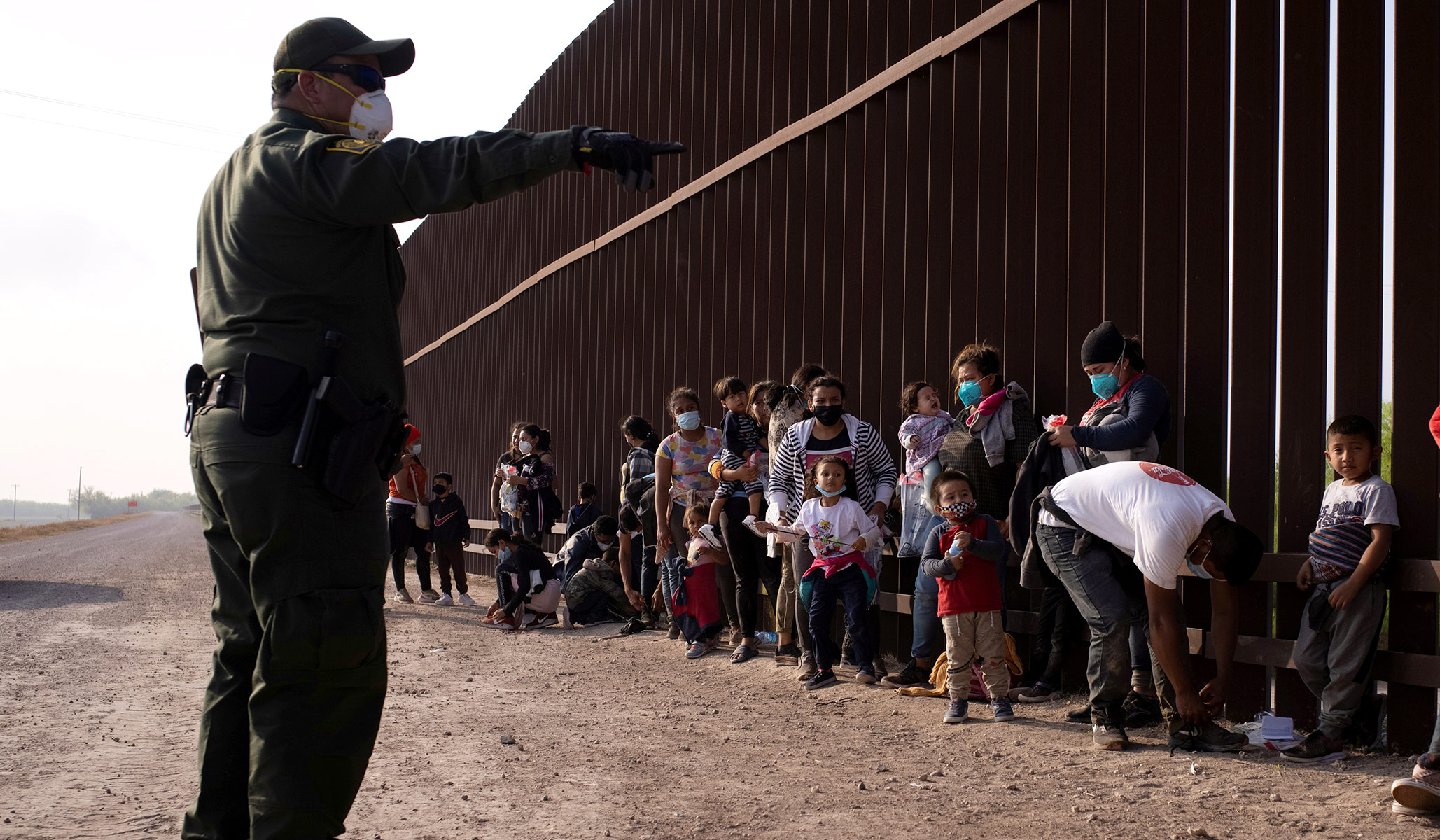 |
| Adrees Latif/Reuters |
The Cold War anachronism is today being used by the American Left to pry open our borders
Wednesday marks the 70th anniversary of the signing of the United Nations Convention Relating to the Status of Refugees, the treaty that laid the groundwork for the asylum and refugee system we have now. Its terms originally applied only to people displaced by Nazi and Soviet aggression in Europe, but in 1967 those provisions were extended to the whole world by a sequel called the Protocol Relating to the Status of Refugees.
Harry Truman did not sign the 1951 Convention because he felt it infringed on U.S. sovereignty, but in 1968, Lyndon Johnson reversed course and signed the Protocol, and the Senate ratified it, binding the U.S. to its terms. The treaty’s provisions were formally incorporated into U.S. law by the Refugee Act of 1980.
Truman was right. Although Joe Biden’s policies are the immediate cause of the current border crisis, the Refugee Convention lies at the root. It’s time to undo our mistake by withdrawing from the U.N. refugee treaty.
The key threat the Refugee Convention and Protocol pose to U.S. (or any nation’s) sovereignty comes in the form of asylum, rather than refugee resettlement itself. We use different words for these two concepts, but under the refugee treaties, they’re assessed under the same criteria — people are defined as refugees if they are outside their home country and don’t want to return because of a “well-founded fear of being persecuted for reasons of race, religion, nationality, membership of a particular social group or political opinion.”
The difference in U.S. law between refugees and asylum is determined by which actor is initiating the process; as Lenin would have said, “кто кого?” — who whom? In refugee resettlement, the U.S. government is the subject of the sentence, the one affirmatively choosing a person located abroad, often in a camp in a country neighboring his own, to bring to the United States. It is something we have complete control over, both in the number we resettle, whom we select, and how we bring them here. We may do this badly in any number of ways, but it’s our decision.
Asylum works the other way around. It is the asylum-seeker who instigates the process by getting himself here on his own power, without our consent, usually as an illegal alien who infiltrated the border or arrived on a raft, who then demands the right to stay based on the same criteria of persecution as a refugee. The number making such claims is unlimited, they don’t have to be the most in need of relocation (theoretically the basis for refugee resettlement), and, if successful, “asylees” (the awkward correlate to “refugees”) can settle anywhere they want, whether or not the community is able to handle the influx, in contrast to the legally required — if notional — requirement that receiving communities be consulted before resettlement of refugees.
Other countries use different terminology. Australia, for instance, refers to offshore resettlement (refugees) vs. onshore protection (asylum), but the problem is the same, as it is for all developed countries: While it is national governments that decide whom to resettle from abroad, foreign intruders are the ones deciding to make an asylum claim, a claim we are bound by treaty to consider and that is subject to litigation in our courts.
 |
| President Lyndon B. Johnson |
Asylum therefore represents a profound surrender of sovereignty, a limitation on the American people’s ability to decide which foreigners get to come here from abroad. President Johnson’s message accompanying the Protocol when he submitted it for Senate ratification perhaps unwittingly highlighted asylum’s threat to America’s sovereignty when he referred to the treaty as “a comprehensive Bill of Rights for refugees”. (He referred to “rights” eight more times in the 600-word message.) In other words, the Refugee Protocol confers “rights” on illegal aliens, subject to vindication in U.S. courts.Read the rest from Mark Krikorian HERE
If you like what you see, please "Like" us on Facebook either here or here. Please follow us on Twitter here.

1 comment:
UN forced USA to not fight when at war in Vietnam and now Afghanistan. We need that festering gang of dictators off our soil.
Post a Comment